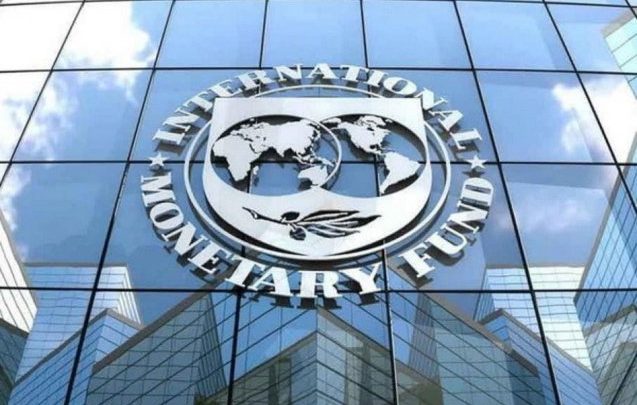
Ghana’s economy is projected to grow at a rate of about 4.2% this year, according to the International Monetary Fund’s latest updated World Economic Outlook Report.
This is consistent with Moody’s 4.0% and Fitch Solutions 4.8% forecasts, but in sharp contrast with World Bank’s 1.4%.
According to the Fund, Ghana’s growth rate will be higher than Sub Saharan Africa’s regional average of 3.2 percent.
“In 2021, sub-Saharan Africa will recover only gradually. Regional growth next year is forecast at 3.1%. This is a smaller expansion than expected in much of the rest of the world, partly reflecting limited policy space to sustain a more expansionary fiscal stance in most countries”
“Compared with pre-crisis [covid-19] trends, cumulative output losses from the pandemic will amount to about 14% of Gross Domestic Product over 2020–21. Key drivers of growth will include an improvement in exports and commodity prices as the world economy recovers, along with a pickup in both private consumption and investment—the former reflecting the continued relaxation of lockdown constraints”, the Fund further said.
Global economic growth
Meanwhile, amid exceptional uncertainty, the Bretton Wood institution said the global economy is projected to grow at 5.5% this year and 4.2% next year. This year’s forecast is revised up 0.3 percentage point, reflecting expectations of a possible vaccine and strengthening economic activity later in the year.
“The projected growth recovery this year follows a severe collapse in 2020 that has had acute adverse impacts on women, youth, the poor, the informally employed, and those who work in contact-intensive sectors. The global growth contraction for 2020 is estimated at -3.5 percent, 0.9 percentage point higher than projected in the previous forecast (reflecting stronger-than-expected momentum in the second half of 2020).”
Economy contracted in Quarter 3
Ghana’s economy entered into recession in the third (-1.1%) of 2020.
The Agriculture sector however recorded the highest growth of 8.3%, whilst Industry and Services sectors contracted by 5.1% and 1.1% respectively.
Source:Fiilafmonline/CitiBuss



